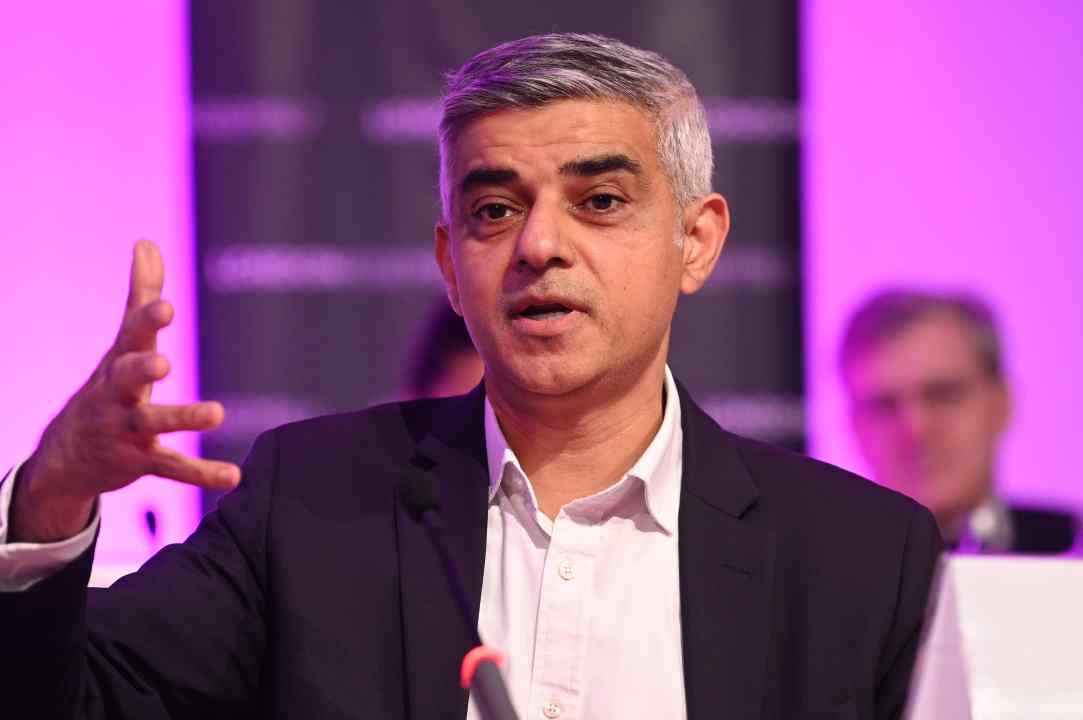Oh Sadiq Khan. The mayor of London was swept to office back in 2016 on a wave of Labour optimism about their plans for the great metropolis. One of his main pledges was for ‘zero days of strikes’ as ‘every day there’s a strike, it causes huge misery and inconvenience to Londoners.’ Khan claimed, prior to his election, that walkouts were ‘a sign of failure’ and that ‘as mayor, what I’d do is roll up my sleeves and make sure that I’m talking to everyone who runs public transport to make sure there are zero days of strikes.’
Fast forward to 2022 and a very different picture emerges. For this week’s industrial action by the Rail, Maritime and Transport (RMT) trade union means that Khan has now overseen more tube strikes than the previous two London mayors combined. Yesterday’s walkout by Transport for London (TfL) workers was the 52nd day of industrial action since Khan was first elected to City Hall. In contrast to the incumbent’s record over the past five-and-a-half years, Boris Johnson and Ken Livingstone, oversaw 51 strikes between them over a 16 year period.
But while Khan can attack the RMT and accuse them of letting the government ‘off the hook’, he himself has done little to address the problem of union power in his capital. Take the issue of TfL facility time – paid time off during working hours for trade union representatives to carry out trade union duties. Under Khan, the amount being spent on trade union representatives has almost doubled from £4.4 million in 2015/16 to £8.7 million in 2019/20, the last year for which figures have been published.
During this time the number of employees who undertake union duties has risen from 699 to 857 or more than 22 per cent; the number of union representatives who devote 50 per cent or more of their time to union duties has just jumped from 48 to 81, an increase of 68 per cent. All this at a time when TfL has a Covid-inspired funding crisis and tube workers receive up to £100,000 a year.
Of course, as a Labour mayor, Khan’s hands may be tied on tackling the issue of militant unions. No such party constraints apply to the Tory government. Indeed, those with long memories will recall that back in 2016, David Cameron made certain concessions on the so-called ‘political levy’ in order to win the backing of big unions for his unsuccessful Remain campaign.
This levy is critical in funding the political work of unions. Will a Tory government, with an 80 seat majority, headed by a Vote Leave figurehead in Boris Johnson choose to revisit the issue in the near-future? Not for nothing did one senior government source tell Mr S: ‘this week’s action is a reminder of unfinished business with the unions.’
Watch this space…








Comments